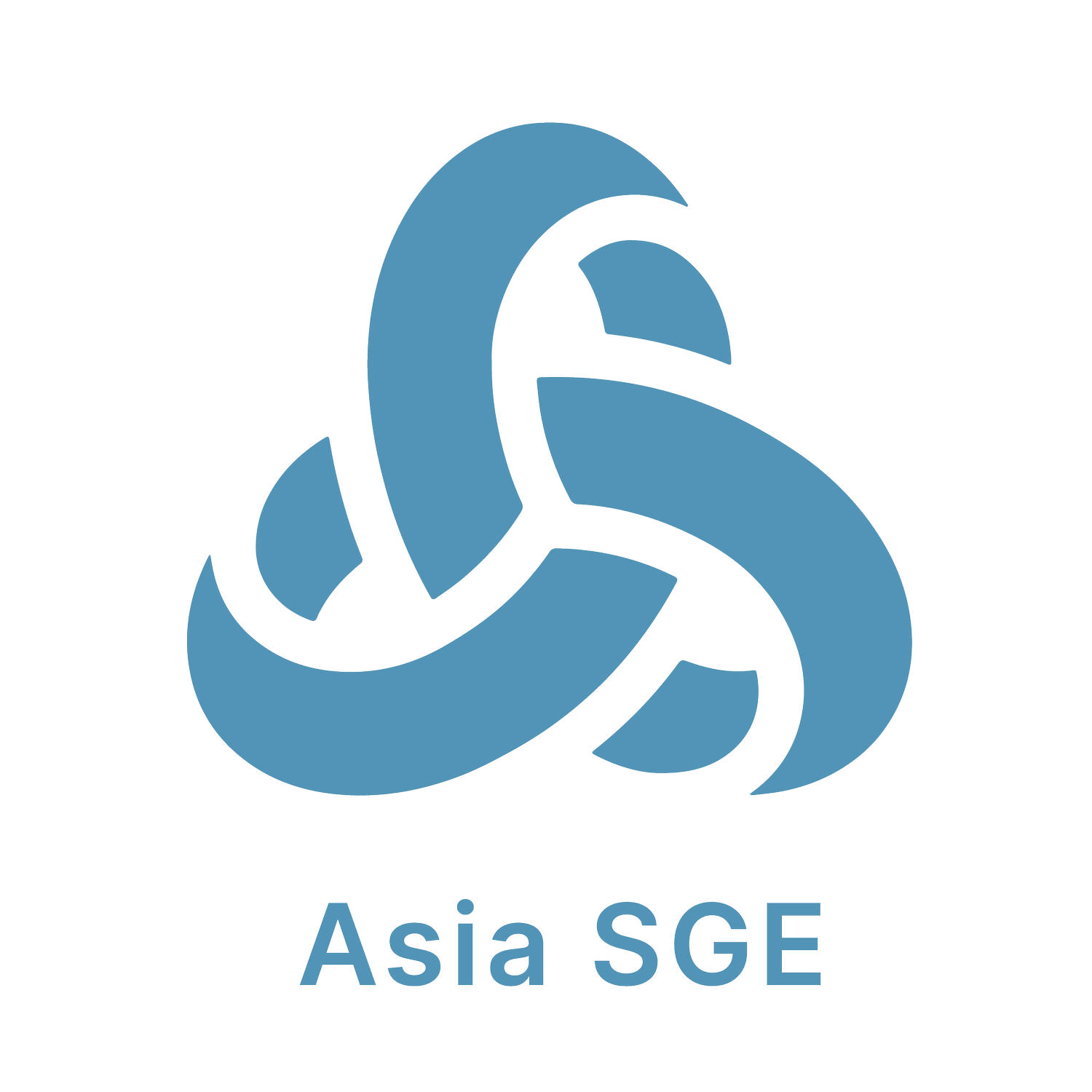Unraveling Hong Kong's Talent Squeeze Amidst High Unemployment
With all the recent talk about the talent squeeze in Hong Kong, people keep forgetting that Hong Kong has one of the highest rates of unemployment in the developed world. So, we wondered if there is a relationship between Hong Kong's unemployment rate and the city’s dire talent shortage.
Hong Kong has one of the highest unemployment rates in developed economies, currently just under 4%. This includes an unemployment rate of over 10% for those aged 15 to 24. At the same time, Hong Kong businesses are complaining about a serious talent shortage and inability to find qualified workers. This is known as a "talent squeeze". Hong Kong General Chamber of Commerce surveyed 196 companies in April with 74% suffering from talent shortage and apparently for more than a year.
On the other hand, the unemployment rate only accounts for those actively seeking work and registered as jobless. It does not include discouraged workers who have given up looking for jobs. This vastly neglects Hong Kong's unemployed youth that likely do not have the in-demand skills and experience that companies are seeking. There appears to be a mismatch between the type of talent available and what businesses need.
Some argue that Hong Kong's education system may not be adequately preparing students for the job market, resulting in high graduate unemployment suggesting a shortage of certain key skills. Especially emphasizing the focus on “acing” exams yet overlooking essential soft skills that are key to the demanding and aggressive business culture in Hong Kong, and the region.
The last factor is of course the COVID-19 pandemic, which has disrupted business operations, accelerated automation, and changed skill requirements - further straining the supply of qualified talent relative to demand. COVID and other political influences drove many of the expatriates away, alongside major companies, leaving an immense gap in the market. Furthermore, it boosted WFH policies and put stronger emphasis on management skills that seems to be lacking.
Even though the question about the relationship has been answered broadly, there is no bright light in the horizon for time being. Recovery in these aspects is unclear. This is due to a mix of reasons resulting from not only pandemic and politics, but as well the very fabric of education and skilling/reskilling the workforce. It’s a complex combination of educational, demographic, immigration and economic factors that appear to be driving both the unemployment problem and talent squeeze.
At Asia SGE we help fill these gaps. Predominantly through advisory work and restructuring, but also in filling essential gaps in the fields of operations, finance, and other administrative capacities allowing our clients to focus on driving their business forward.

